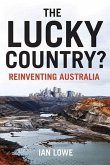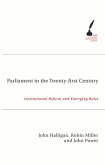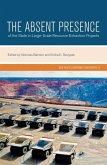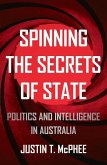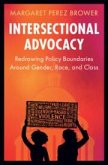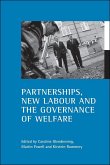A timely analysis of Australia's response to the pandemic, which asks what have we learned? Donald Horne famously called Australia 'the lucky country'. So how did we become the locked-up country and how might the future look different? Australia has changed enormously since Horne's 1960s, but its response to the COVID-19 pandemic demonstrates the enduring truth of his thesis that our 'luck' was undeserved and wouldn't last. By closing its borders and imposing a nationally coordinated lockdown, Australia unexpectedly eliminated COVID-19 in 2020, achieving one of the world's lowest excess mortality rates. But as governments proceeded to bungle key planks of the pandemic response, by mid-2021, Australia was 'locked up' - closed off to the world and fragmented along state and territory borders, with its major cities enduring repeated and extended lockdowns. It soon became clear that Australia's regulatory state had let us down. But these failures were not inevitable, and we can manage future crises more successfully. In The Locked-up Country, political experts Tom Chodor and Shahar Hameiri identify the source of Australia's recent challenges and suggest a better way forward.
Bitte wählen Sie Ihr Anliegen aus.
Rechnungen
Retourenschein anfordern
Bestellstatus
Storno



